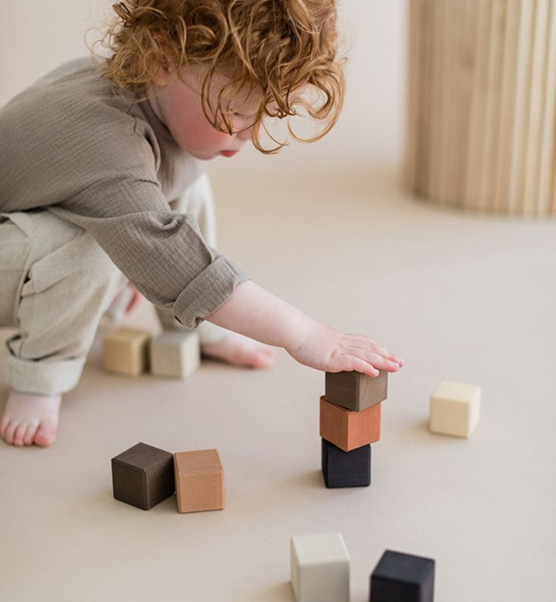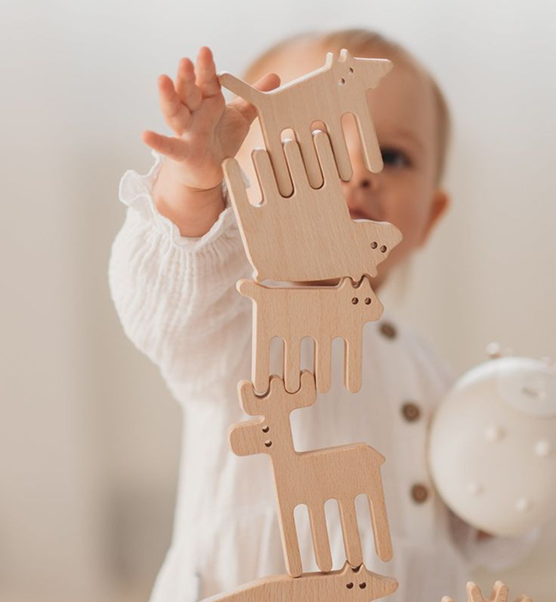The world feels heavy. I had intended to post on skin care in pregnancy today (which I will, later this week), but all that has been on my mind is the news out of Ukraine. Like many of us, I’m struggling to process it myself. And on top of that, I’m trying to work out how to talk to my kids about it, if at all. I know I’m not alone in this; Melinda Wenner Moyer had an excellent post on it in the New York Times this week.
This has echoes of other hard conversations we have with our children. Conversations about current events, or about more personal challenges — ill family members, job losses, financial problems. Part of what makes all of these conversations difficult is that we often don’t want to think more about these things. The desire to look away can be strong, even if we know it is perhaps not a noble one, and conversations with our children make that looking away impossible. But the conversations are also hard because we do not know how to approach them. So, in case it is useful, I thought I’d talk about how I’ve come to think about this challenge.
I will say, I claim no expertise here; this discussion is really parent to parent. When I look to outside resources, I have found Aliza Pressman’s work — on this and other subjects — invaluable.
An approach, in 5 steps
Do we need to talk about this now?
Some conversations need to happen right away, and some do not. When a topic is on our mind, is occupying a huge amount of brain space, it is easy to think it is something we need to tell our children about right away. And sometimes it is. But in some cases, it may not be necessary for them to know yet. It may not be a good idea to share a grandparent’s scary medical diagnosis with a child until you know more.
In the case of current events, it’s often necessary — especially with a school-age child — to raise the issue, as they’ll otherwise likely learn about it from someone else. But even there, depending on the age of the child, it is worth pausing to ask this first question: Talk now, or wait a bit?
Pick your moment
Hard conversations are often better in quiet, low-energy moments. You want enough time that the conversation could take its time and, ideally, a moment when a child can hear what you are saying and you can focus on them. If it’s manageable, my favorite time for this is a longish car trip. Family meals can also work, or a quiet afternoon at home.
Similar to hard conversations with a spouse, a bad time to have it is when you’re rushing somewhere, when someone needs to go to sleep, or when people are already upset.
Start simple and scripted (and age-appropriate)
Universal advice for these conversations: start with a simple statement, just a few sentences. Depending on the issue, you may want to give basic facts, give some sense of why you’re sharing, and provide something reassuring.
I will crib from Aliza Pressman’s post here with this example:
“Russia has invaded Ukraine, and as with any war, people will be hurt and killed. That’s why you’re seeing so many grown-ups who are so sad. You are safe, we are safe, but we care about the experience of people even when they are far away.”
Or for a sick grandparent:
“Grandpa hasn’t been feeling well, and the doctors have now learned what is wrong with him. They are working to do what they can to cure him, although he is sick. You might see Dad and me trying to help with this, and feeling sad. We’ll be able to call him soon and talk with him, and you know he loves you very much.”
There is a temptation with an older child to provide more context in this initial statement, but it may not be necessary. This conversation should be more about letting them process than letting you process.
Don’t expect any specific reaction
Kids’ reactions in these moments are really, really variable. Some kids will ask a million questions. Some will say nothing. Some kids will ask a million questions on one hard topic and nothing on another. My older child wants to know everything when the topic is health-related and much less when it’s geopolitics.
If the reaction is silence, you do not need to fill it. You started the conversation, but it’s up to them to take it where they want (and when).
If the reaction is more questions, try to answer them honestly but without more detail than necessary. “The problem is with Grandpa’s heart, and they need to do an operation to help the blood flow better.” You don’t need to tell them the details of the surgery, its risk or probability of success. Even if those things are on your mind.
Sometimes kids will ask what they can do. It can be good to have some ideas. For current events, donations or writing letters can be a thoughtful approach (Ukraine charity ideas here). For a family member, something as simple as sending a card may provide some outlet.
I find in these moments that it can be easy to judge our kids’ reactions. To have the feeling that, given how momentous, scary, or upsetting an event is, they should react more — be sadder, be angrier, more upset. But kids’ processing isn’t like adults’, and we shouldn’t expect it to be or judge it if it is not.
Prepare for more
The first conversation will probably not be the last one. Kids process what you tell them, they process other things they hear, and in the moment you least expect it, they could be back with more questions. So just be ready for that. Simple answers; don’t overexplain.
Community Guidelines




















